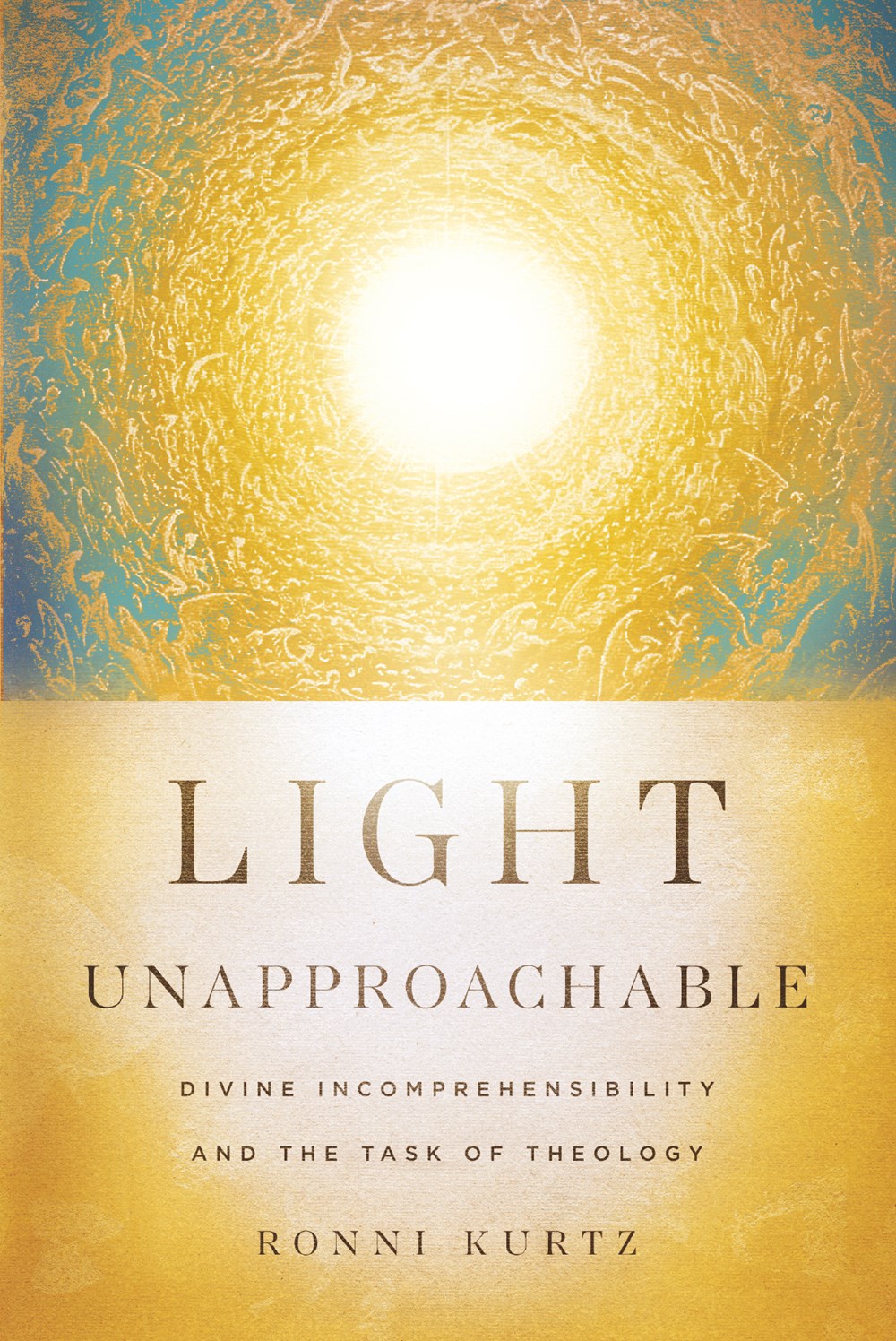2018 School Spending Survey Report
Light Unapproachable: Divine Incomprehensibility and the Task of Theology
COPY ISBN
VERDICT A profound spiritual reflection on humanity in the gaze of the divine.
RELATED
ALREADY A SUBSCRIBER? LOG IN
We are currently offering this content for free. Sign up now to activate your personal profile, where you can save articles for future viewing




Comment Policy:
Comment should not be empty !!!